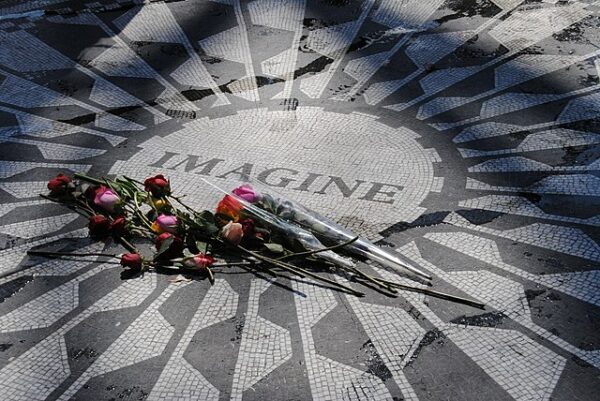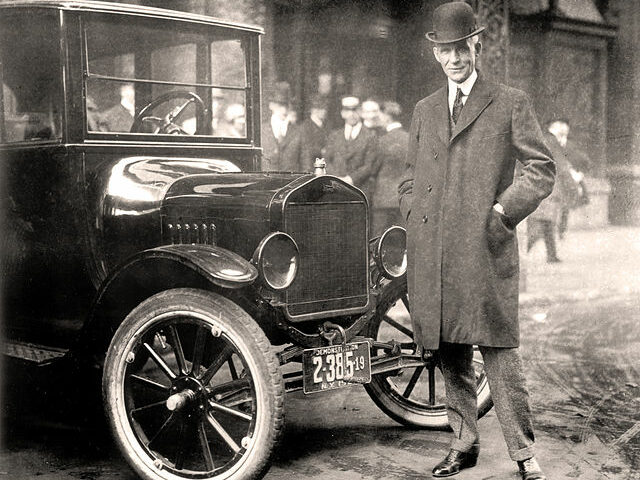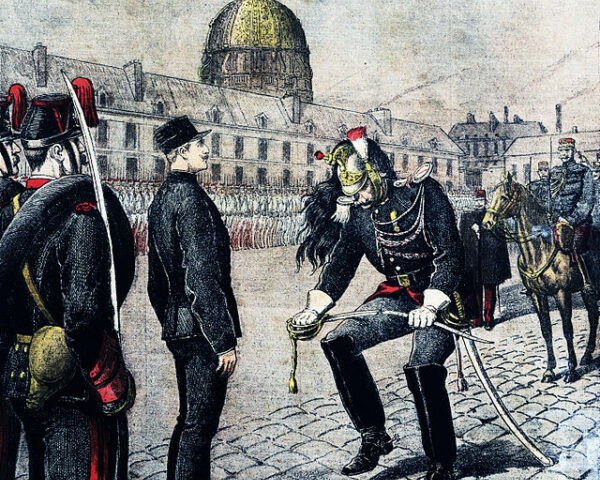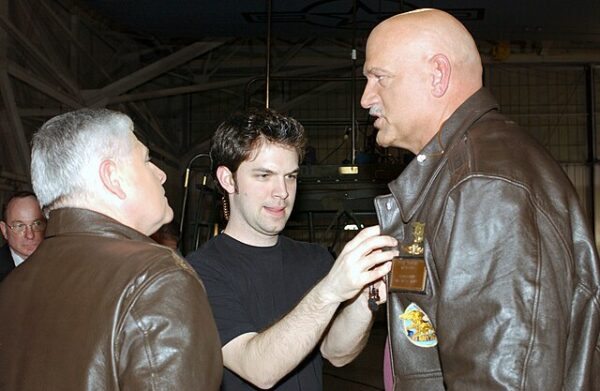On December 8, 1980, the world of music was shaken to its core. John Lennon, one of the legendary members of The Beatles, met a tragic end when he was fatally shot outside his apartment building, The Dakota, in New York City. Mark David Chapman, a troubled man and self-proclaimed fan of Lennon, carried out the senseless act. Lennon had just returned from a recording session and was entering his residence when Chapman approached and fired four shots. He had previously given him an autograph earlier in the day.
The assassination led to one of the most iconic moments in television when Howard Cosell decided during a Monday Night Football game to announce Lennon’s death.
The murder of John Lennon shocked the globe, not only for the loss of an iconic figure but also for the unexpected and violent nature of his death. Lennon’s influence extended far beyond his musical talents; he was an advocate for peace and social justice. His commitment to these causes, particularly his anti-war activism, made his untimely death even more poignant, leaving fans and admirers mourning the loss of an artist who used his platform for positive change.
Chapman’s motivations, fueled by a warped perception of reality and obsession with a fictional character from J.D. Salinger’s novel The Catcher in the Rye, raised questions about the impact of celebrity culture and the potential dangers it poses. The tragedy prompted discussions about the fine line between admiration and obsession, shedding light on the responsibility society bears in recognizing and addressing mental health issues to prevent such devastating outcomes.
Despite the somber circumstances surrounding Lennon’s death, his legacy endures. His contributions to music and his enduring messages of peace and love continue to resonate with generations.
Recently, the two living Beatles, Paul McCartney and Ringo Starr, used AI to release the Beatles’ final song written by John Lennon, “Now and Then.”
“Now and Then’s eventful journey to fruition took place over five decades and is the product of conversations and collaborations between the four Beatles that go on to this day. The long mythologised John Lennon demo was first worked on in February 1995 by Paul, George and Ringo as part of The Beatles Anthology project but it remained unfinished, partly because of the impossible technological challenges involved in working with the vocal John had recorded on tape in the 1970s. For years it looked like the song could never be completed. But in 2022 there was a stroke of serendipity. A software system developed by Peter Jackson and his team, used throughout the production of the documentary series Get Back, finally opened the way for the uncoupling of John’s vocal from his piano part. As a result, the original recording could be brought to life and worked on anew with contributions from all four Beatles. This remarkable story of musical archaeology reflects The Beatles’ endless creative curiosity and shared fascination with technology. It marks the completion of the last recording that John, Paul and George and Ringo will get to make together and celebrates the legacy of the foremost and most influential band in popular music history.”






